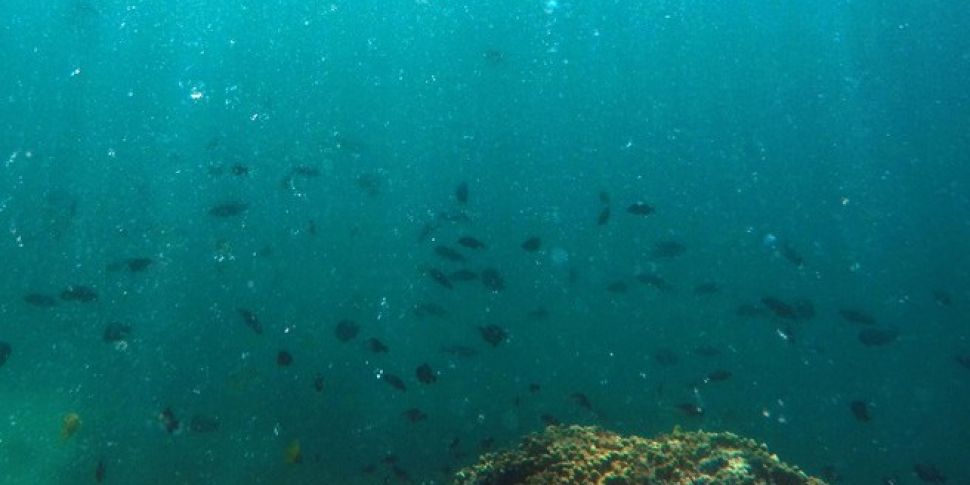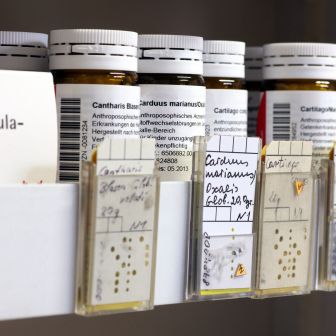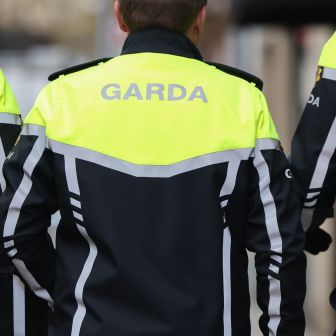The Great Barrier Reef has been pronounced dead by scientists at the age of 25 million years.
Environmental writer Rowan Jacobsen wrote in an "obituary" for the UNESCO site that the reef's death was as a result of coral bleaching, following an in-depth investigation.
“For most of its life, the reef was the world’s largest living structure, and the only one visible from space. It was 1,400 miles long, with 2,900 individual reefs and 1,050 islands. In total area, it was larger than the United Kingdom, and it contained more biodiversity than all of Europe combined,” the obituary said.
Coral bleaching occurs when environmental stress impacts on the “symbiotic” relationship between the rock-like living creatures that form the reefs and microscopic algae that give them their incredible colours.
When stressful factors, particularly the warming up of ocean waters because of climate change, take effect, the corals expel the algae, leaving them to become transparent skeletons. Without the algae, the coral then simply starve.
Preliminary findings from a study earlier this year “show 22% of the coral on the Reef died due to the worst mass bleaching event on record”.
The Great Barrier Reef Marine Park Authority says it has now started the second phase of its in-water survey to assess the impact of this year’s mass coral bleaching event.
The reef contained 1,625 species of fish, 3,000 molluscs and 30 different types of whale and dolphin.









